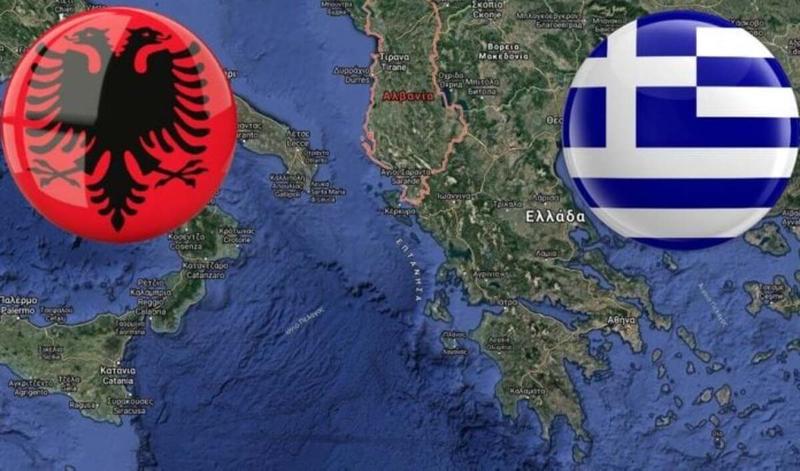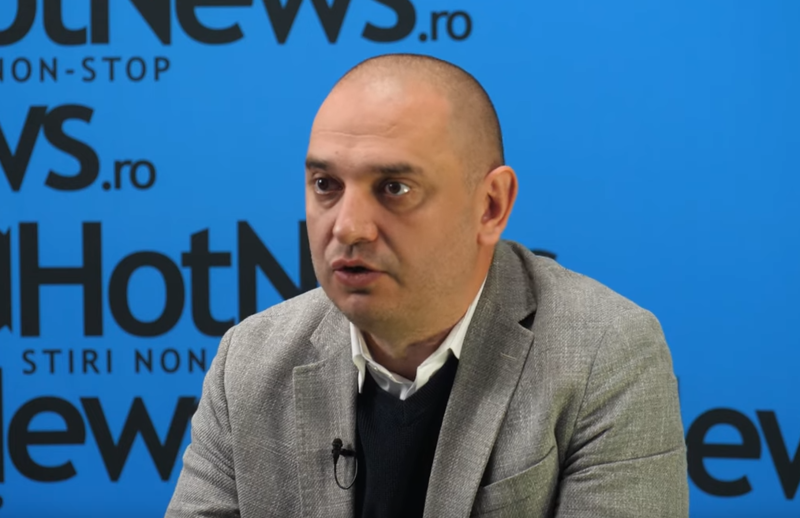The Romanian Government strikes a deal with the IMF. Elsewhere in the news, the Salary Law cuts budgets and incomes. Last but not least, Bulgarians ask Germans to stop comparing them with Romanians.
The Romanian Government strikes a deal with the IMF: the public guarantees' platform will be increased by one billion euros, Cotidianul reads. Romanian Finance minister Sebastian Vladescu told national news agency Mediafax that Romania managed to get the facility during the negotiations with the IMF experts.
The IMF, EC and the Romanian Finance Ministry saw eye to eye when it came to the law projects addressing pensions and fiscal responsibility. They also set up a schedule for adopting the two laws, the IMF mission chief Jeffrey Franks declared on Tuesday. He did not list the agreed terms and conditions, stating that details will be available on Wednesday, in an EC and IMF joint press conference.
The salary law cuts budgets and incomes, Adevarul reads. The Romanian executive announced that the 2009 salaries are not to be cut, a normative act includes an exception: those working for agencies which have been restructured at the end of 2009. They will be faced with lower incomes and even redundancy.
For all those who will see their incomes poorer than in 2009 after the new law is enforced, the Executive pledges to pay up the difference, so that people will not earn less than last year. Only the minimum incomes will go up, namely those under 705 lei. Healthcare staff will continue to be paid for shifts, but not for all of them. "Say a doctor did four shifts in December 2009 and received 100 lei. This year, if the doctor performs six shifts in one month, the income will still be 100 lei", Sanitas vice-president Adrian Barea shows.
But this situation has not managed to upset most unions. They seemed to be content with people not losing their jobs. Barea says people should see the full half of the glass. Union leader Sebastian Oprescu says there might be a problem when staff will not be paid for extra hours, nor will they receive free days in return. But the fear of losing one's job makes people put up with it.
President of the Romanian Democratic Unions Confederation (CSDR) Cătălin Baciu says that cutting public spending is a bluff. He's currently thinking of suing the ordinance: "The project has not been passed through the Economic and Social Council (CES) and the law sees that the CES authorisation is imperative". Whether the decision is negative or positive it does not really matter. It has to exist. And Baciu says it would not be the first project CSDR would have annulled.
Bulgarians ask Germans to stop comparing them with Romanians, Gandul reads. Bulgaria should be evaluated according to its own merits and not in comparison with neighbouring states, like Greece or Romania. The request was formulated by Bulgarian PM Boiko Borisov two days ago for the German chancellor Angela Merkel. His claims about Romania, quoted by Sofia Echo, have been made at a point when Bulgaria aims to join the euro zone.
The request to join the euro zone will be evaluated by the European Commission and the Central Bank, and not by community states, Merkel's reply went, assuring the Bulgarian PM that his country's request of joining the Schengen space will have a fair evaluation.
Romanian economist Ilie Serbanescu claims that Bulgaria did not top Romania at any chapter. According to him, since 1997 when the monetary Council has been established, all economic decisions affecting Bulgaria have been taken by 10 bankers from Zurich. Thus, Bulgaria cannot be held responsible when it comes to this issue.



















